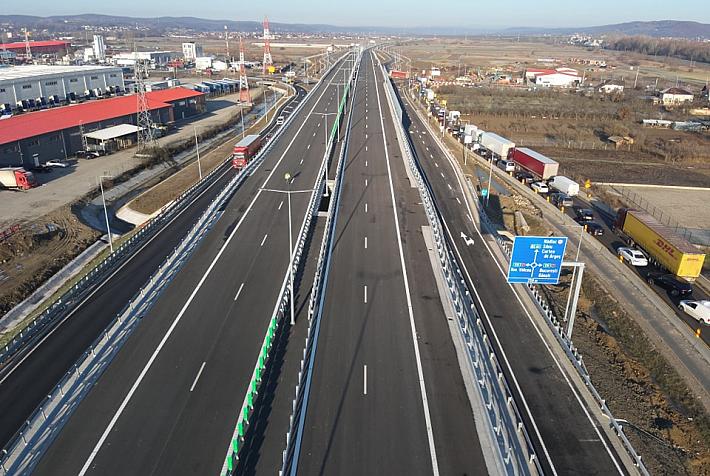A new survey reveals almost half of the workforce in Romania seeks new jobs. An impact of quiet quitting?

"I wasn't feeling appreciated, and if you don't feel appreciated, what's the point in staying?"
This is how Stefana Doroftei explains her previous work situation. After graduating from the University of Birmingham, she worked as a technical and IT recruiter, a position she's been holding for the past three years.
Her psychological detachment in her previous job resonates with almost half of eJobs' latest survey. The leading professional recruitment portal in Romania discovered that almost half of its 1,700 research participants (45%) are actively applying for new jobs and seeking interviews, while 21.8% are in a state of burnout.
The reasons vary, but the leading causes mostly stem from the lack of salary and professional fulfillment, psychological detachment, and/or the absence growth prospects.
Raluca Dumitra, the head of marketing at eJobs, believes that the recent numbers soar in the wake of the not-so-recent "quiet-quitting" phenomenon where employees would refrain themselves from engaging in any work-related activities outside their office hours. Despite its name, however, it does not necessarily mean leaving the job without notice.
"The following reasons tell us a lot about the way in which Romanians came to relate to the relationship between their personal and professional lives, about the introspection they make after a rather turbulent period for everyone, but also about the expectations they have have from the career idea," she says.
Over 60% of the eJobs survey respondents believe that their employers overfill their workload by demanding them to do more than what they're required to, and 22.6% are still dissatisfied with their job but they do not have the motivation to seek for something else.
As a result, over 24% say that they've put in more efforts, compared to last year as the line between personal and work life gets more blurry with the recent trend of hybrid work.
"I do not consider it new or interesting, but normal – people have started to realize their lives matter. Some of them have concentrated their efforts on understanding themselves better and looking deep inside for answers," says Corina Neagu, an international HR consultant and the founder of Dare (Development Advice & REsources).
With over 20 years of experience in the domain, Corina has encountered many economic trends, including The Great Resignation, to which according to another survey ran by eJobs earlier this year, 21% of 2,677 respondents would quit their jobs without seeking a backup plan first.
"The problem with the Great Resignation is that it assumes everyone has somewhere else to go. But for individuals who feel they don't have alternative jobs to go to and need to stay employed, quiet quitting has become the next available option," she explains further.
(Photo source: Dreamstime.com)













